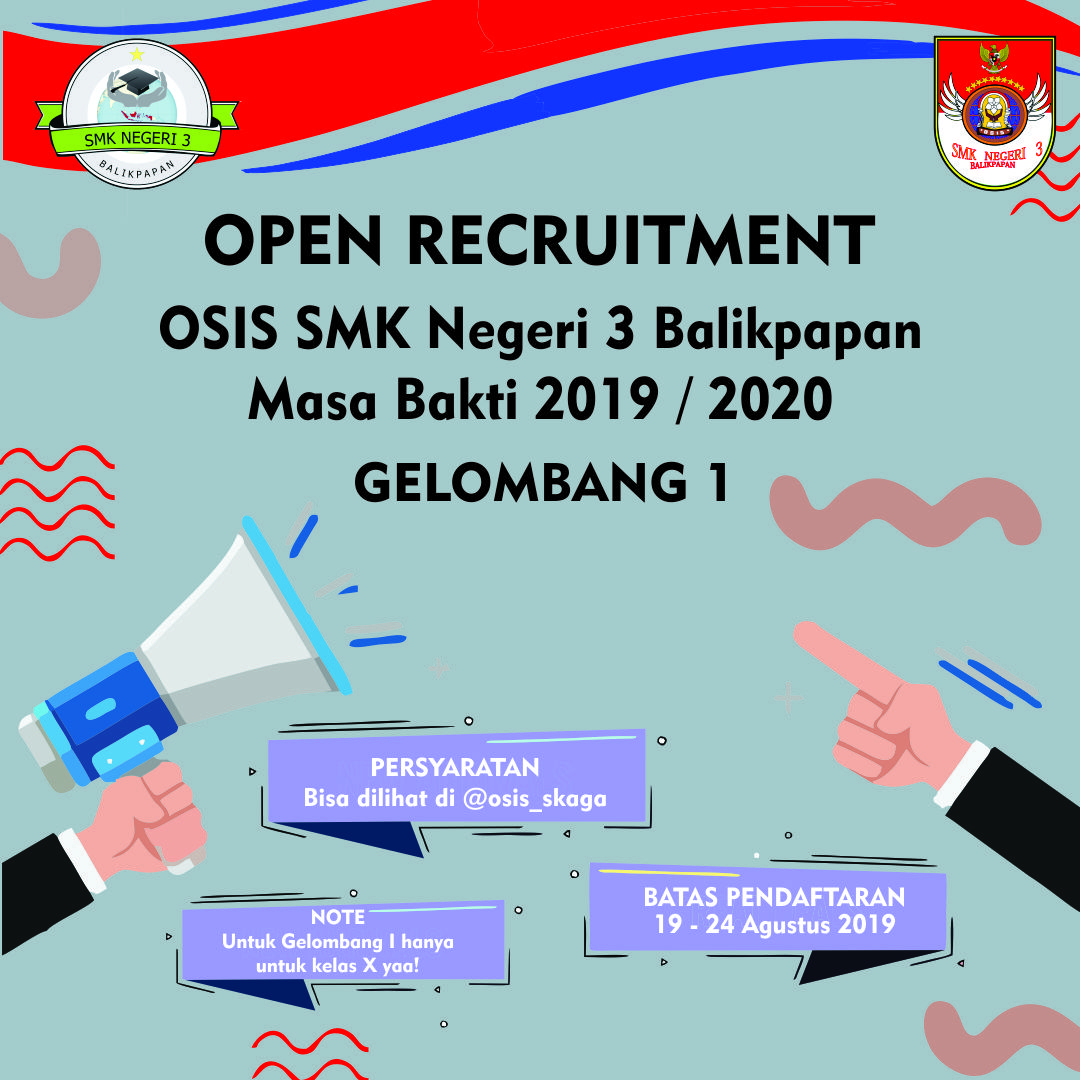

Because public speaking skills are important for communicating effectively in community interactions more broadly, the program also has potential relevance for use in clinical settings and education programs for adults and adolescents with and without intellectual disabilities. The results support the benefit of individualized coaching in public speaking programs. Participation in the program resulted in positive changes in the athletes' public speaking ratings and behaviors, as measured by the athletes' and familiar-listeners' pre- and post-program questionnaires and the athletes' observed public speaking performance.

Differences in pre- and post-program response ratings and pre- and post-program speech behaviors were evaluated. Graduate students in communication sciences and disorders worked with the adults on individualized goals identified from a preliminary speech and the self-report questionnaires.

Using a pre–post design, four athletes and their parents or caregivers completed questionnaires that rated the athletes' public speaking skills in 10 areas relevant for effective public speaking before and after the 4.5-month program. The purpose of this study was to investigate the benefit of a 4.5-month public speaking coaching program for adult Special Olympics athletes with intellectual disabilities. These challenges include decreased speech intelligibility, eye contact, and storytelling organization. Individuals with intellectual disabilities often face communication challenges that can impact verbal communication, social interactions, and public speaking effectiveness.


 0 kommentar(er)
0 kommentar(er)
